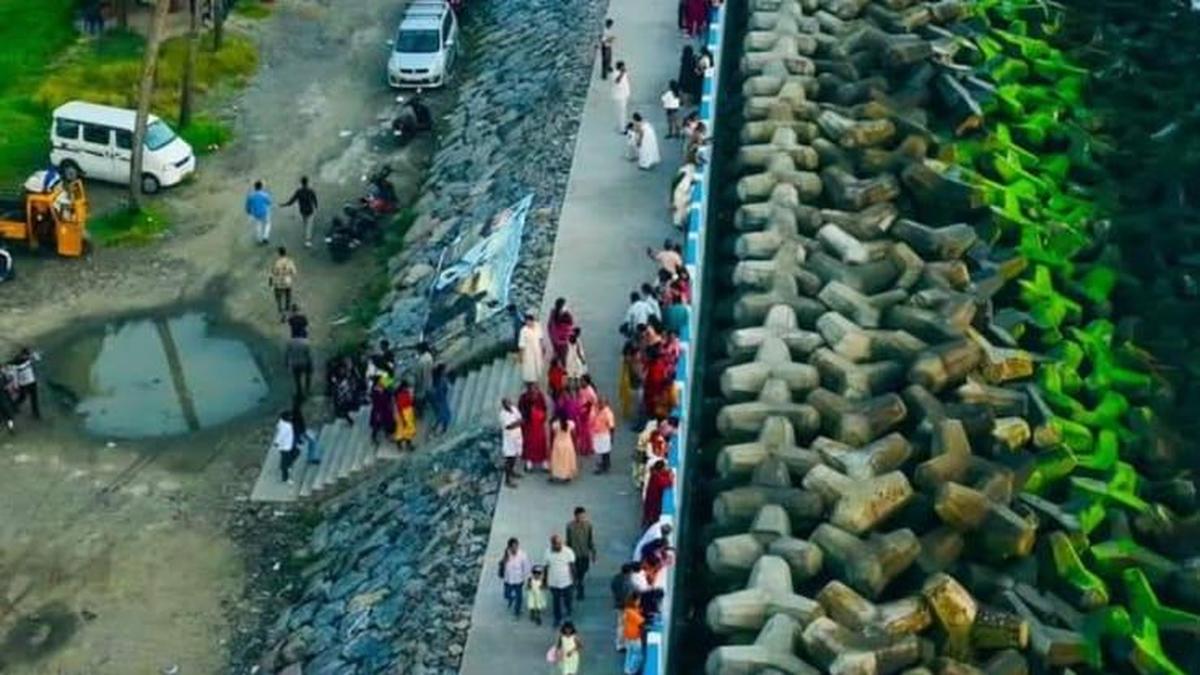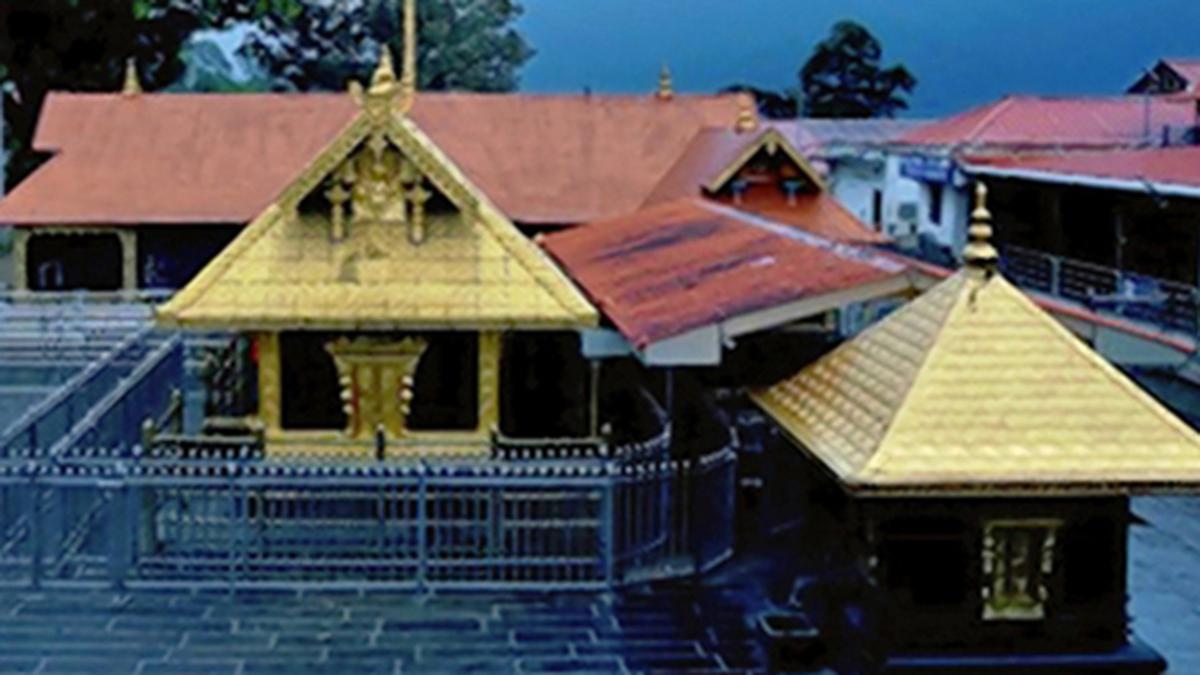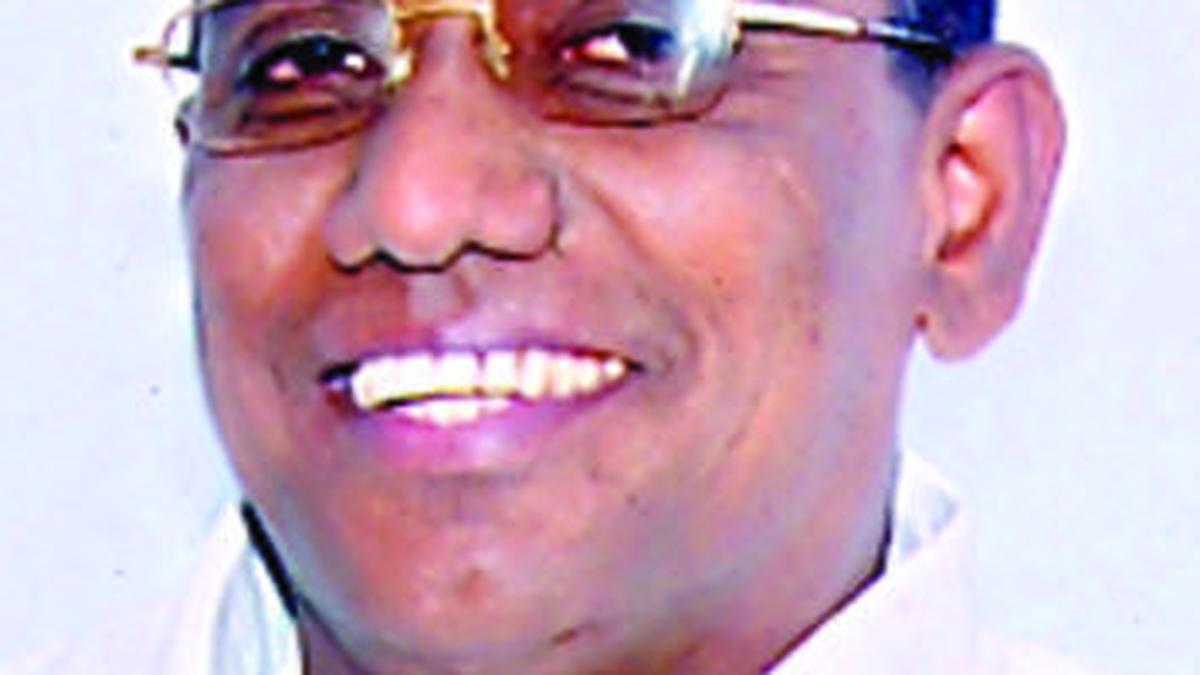The Railway Board should withdraw the in-principle approval given to the SilverLine high-speed-rail project, Alok Kumar Verma, former Railways Chief Engineer, has said.
Taking part in a debate on the project organised by the Kerala State Janakeeya Prathirodha Samiti here on Wednesday, he said the in-principle approval was tantamount to final approval as the State could make pre-investment up to ₹100 crore, including preparation for land acquisition.
He said K-Rail had submitted an illegal and invalid feasibility report to the Railway Board after the pre-feasibility report prepared by the consultancy Systra had found that the project was not viable.
The feasibility report was prepared in just 50 days and the detailed project report within six months without any hydrological or geological study. The pre-feasibility report had suggested constructing the majority of the lines on viaduct considering the loose soil and recurring floods.
“But they fixed 70% of the lines on embankment in the feasibility report without any studies. This is illegal and illegitimate. They had done only some geotechnical study on some select locations. This was mainly done to lower the project cost,” Mr. Verma said.
He also said the gauge was not a matter to be decided by the State or K-Rail. The Railway Board was the final authority on this matter.
“It can only be called as a predatory project as it will stall the progress of several other infrastructure projects with the priority of the government being shifted to SilverLine,” said Sridhar Radhakrishnan, engineer-cum-environmentalist.
Joseph Mathew, social observer and IT expert, said before finalising the alignment of the project, the State should have shown the extent of area to be submerged in case of a flood similar to the one in 2018 with the help of a simulator software.
The passenger rate fixed (₹3.90/ per km) as per the initial estimate of ₹64,000 crore and 80,000 daily ridership in the event of completing it as per the schedule of 2025 was not realistic. Terming the project pro-elite, Mr. Mathew said even a government employee could not afford SilverLine, leave alone common man.
Kuncheria P. Isaac, former Vice Chancellor of Digital University Kerala, who spoke in support of the project, said the government should consider constructing lines on viaducts in areas prone to environmental hazards, although it may cost an additional ₹1,000 crore more.
A larger committee had to be formed to look into the technical aspects of the project, he said.
Environmental scientist R.V.G Menon and N.S. Raghuchandran Nair, president of Thiruvananthapuram Chamber of Commerce and Industry, largely struck to their stance at an earlier debate organised by K-Rail.







